Famous People’s Last Words That Everyone Should Read Once
Final words carry weight when they reflect how someone lived, what they valued, or how they saw death arriving. However, some last sentences are only fragments, rather than conclusions to a person’s journey. Here are some remarks that reveal something true, or strange, or just perfectly human. And somehow, they still speak, long after the speaker stopped.
“On your way up, take me up. On your way down, don’t let me down.”
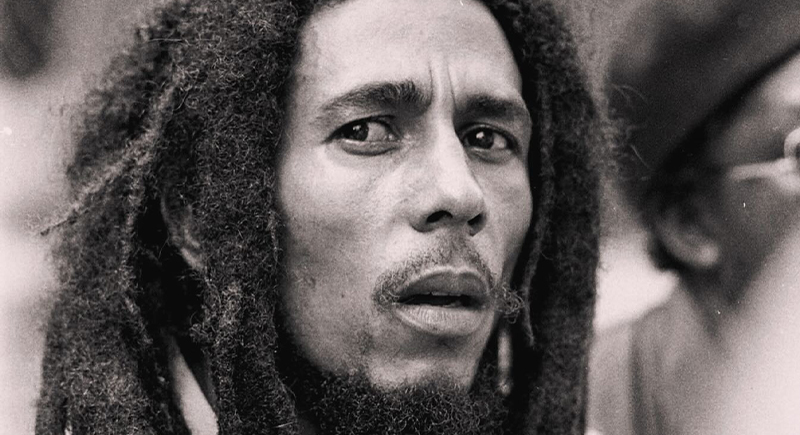
Credit: Instagram
These are the words Bob Marley spoke before cancer ended his life at thirty-six. He had toured the globe and recorded music that reshaped how people saw Jamaica, politics, and resistance. Even in this final line, he didn’t ask for anything.
“The sadness will last forever.”
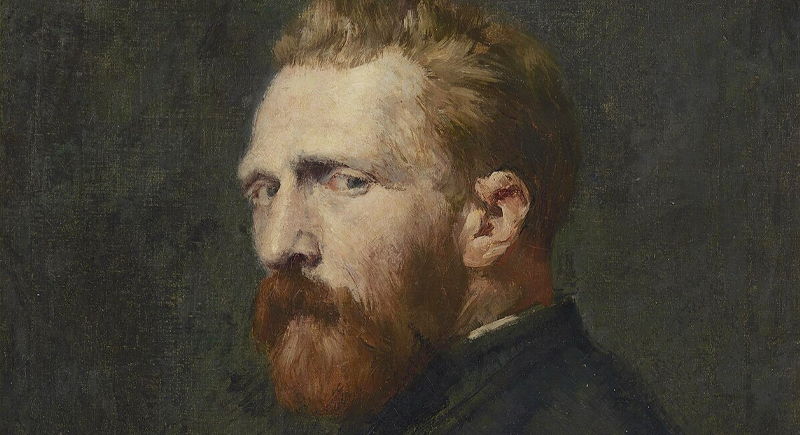
Credit: Wikimedia Commons
After surviving a gunshot wound for nearly two days, Vincent van Gogh said these words to his brother, who had supported him for years through breakdowns, hospital stays, and disappointment. It simply acknowledges something he carried with him, long before he picked up a paintbrush.
“Nothing, only ‘love one another.’”
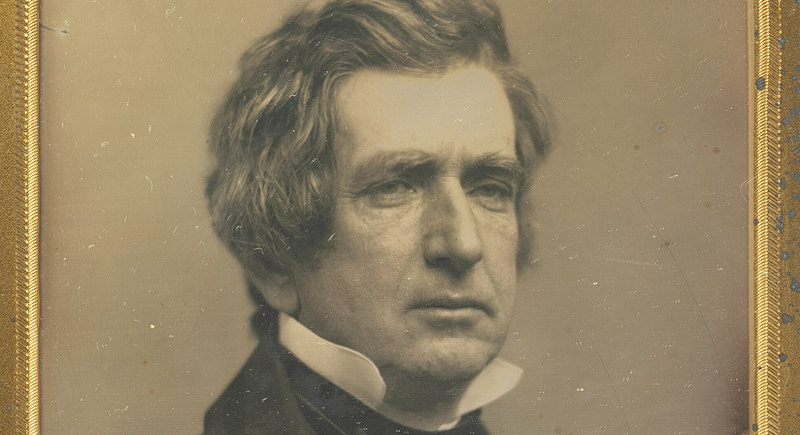
Credit: Wikimedia Commons
Asked whether he had any last words, William Henry Seward gave this as his answer. His legacy included surviving a knife attack on the same night Lincoln was shot and defending the controversial Alaska Purchase while Secretary of State. He’d devoted years to shaping major parts of American history.
“I hope the exit is joyful and hope never to come back.”
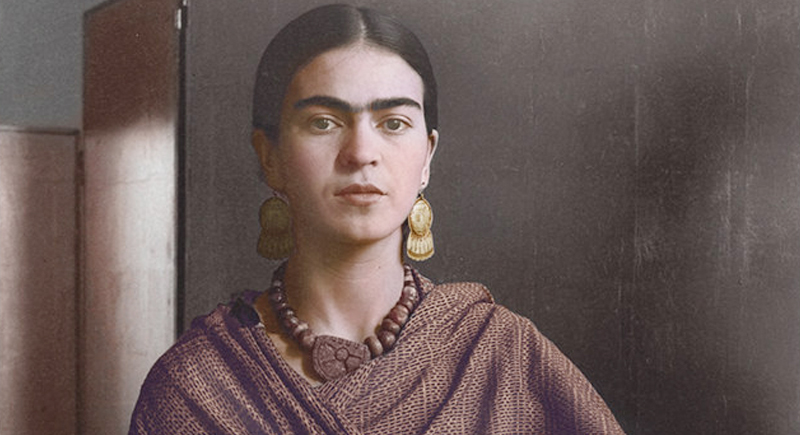
Credit: flickr
This line came scribbled into Frida Kahlo’s diary—a space where she used to pour her recounts of physical agony, personal conflict, and raw self-portraiture. By the end, she had endured so many operations and infections that the idea of death didn’t scare her.
“It is very beautiful out there.”
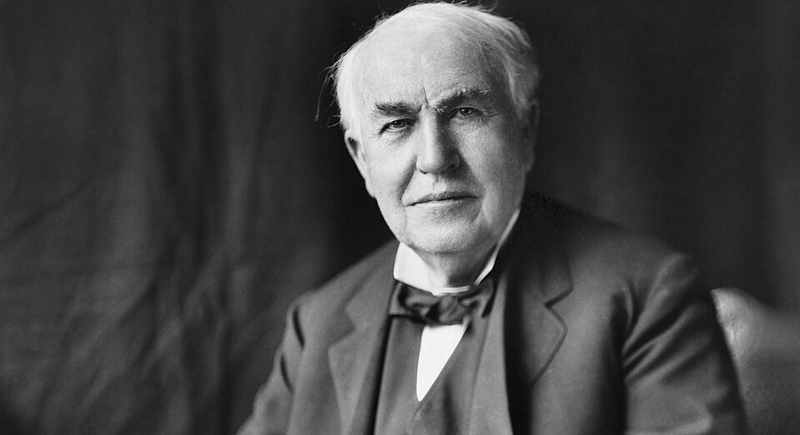
Credit: Wikimedia Commons
Thomas Edison looked out a window and said what he saw while slipping in and out of consciousness. For decades, he focused solely on machines, wires, and the tireless pursuit of invention. The light bulb and phonograph earned him global fame, but on his deathbed, he didn’t name a single device.
“Pardon me, sir. I meant not to do it.”
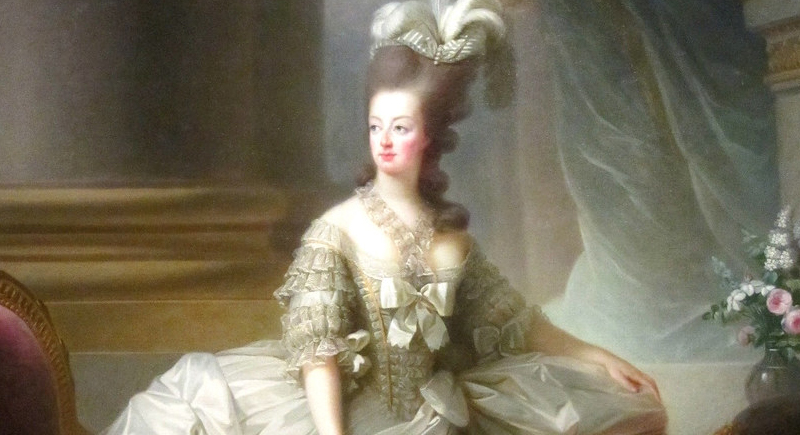
Credit: flickr
She stepped out of place, then apologized without hesitation—an instinctive gesture made just moments before her passing. Marie Antoinette, the former Queen of France, addressed the man who would execute her as though her training never left her. The Revolution had erased everything she once knew—yet even there, surrounded by noise and judgment, she responded the way she was taught as a child in Versailles.
“Tis well. I die hard, but I’m not afraid to go.”
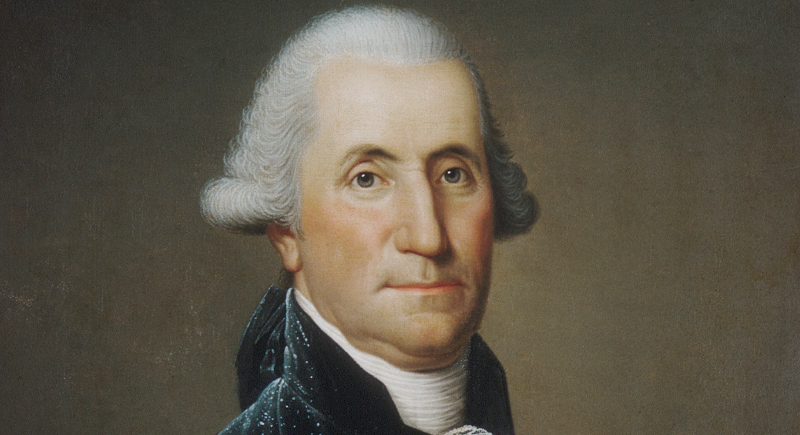
Credit: Wikimedia Commons
George Washington stated this to those gathered around his bed as he died of a throat infection made worse by bloodletting, a common but harmful practice at the time. His words described what it felt like to die—hard, but not frightening. That was how he’d approached leadership, and how he faced his final hours: directly.
“My most fervent wish is that I will not be replaced until a new president is installed.”
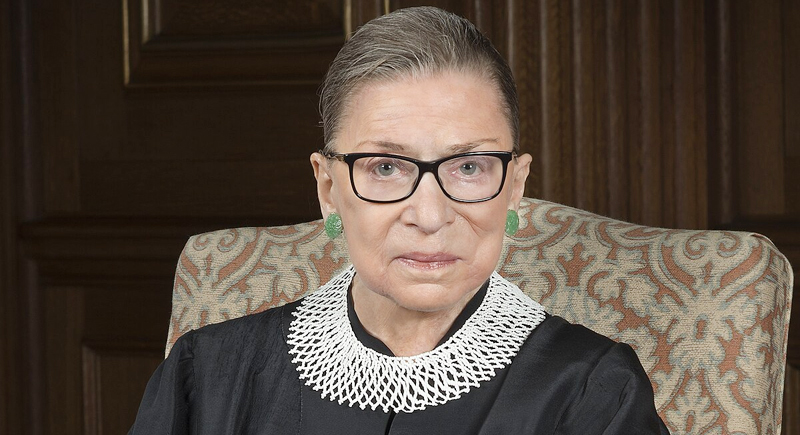
Credit: Wikimedia Commons
Ruth Bader Ginsburg made these remarks to her granddaughter, as her health declined, after years of battling illness in private while serving on the Supreme Court. She spent a lifetime fighting for equal treatment under the law, but she didn’t use her last moments to reflect on that record. She chose instead to concentrate on the one decision still ahead—the timing of who would take her place.
“We are all time travelers… it can be done.”
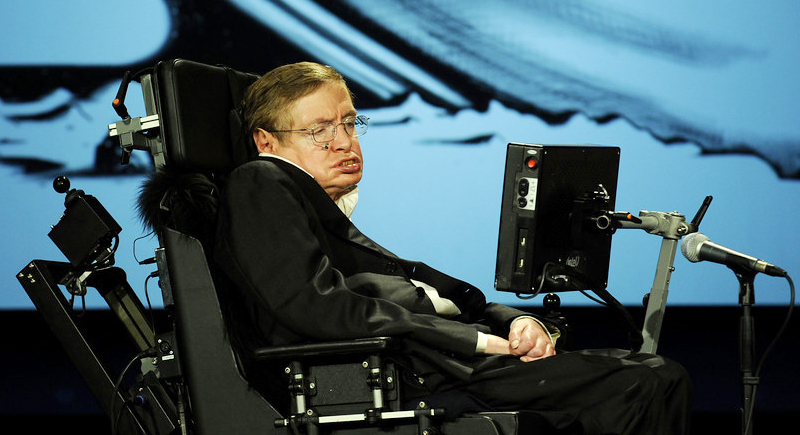
Credit: flickr
After decades communicating via a speech-generating device and exploring black holes, information theory, and the origins of the universe, Stephen Hawking’s closing public message, recorded prior to his dying, sounded like encouragement, maybe even a challenge. Despite his physical limits, he helped expand how people think about time and possibility.
“I’m bored with it all.”
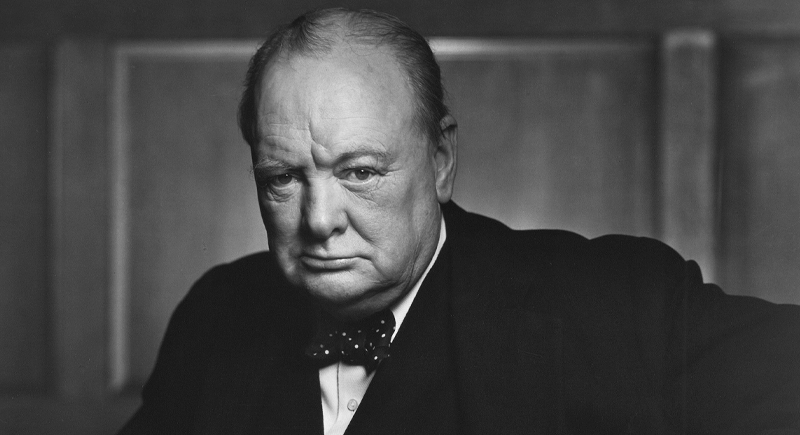
Credit: Wikimedia Commons
The line came just over a week before Winston Churchill took his last breath, spoken without drama or reflection. He had lived through global war, led a nation, won awards, and survived endless political swings. But after decades in the public eye, speeches, and decisions, there wasn’t much more to say.
“Life is like a garden. Perfect moments can be had, but not preserved, except in memory. LLAP.”

Credit: Wikimedia Commons
This was Leonard Nimoy’s last public message, posted to Twitter a few days before his death. It avoided sentimentality, much like the man behind the Spock character. The line acknowledged impermanence without fuss. He made it clear he had no interest in framing his life around legacy.
“Don’t be in such a hurry.”
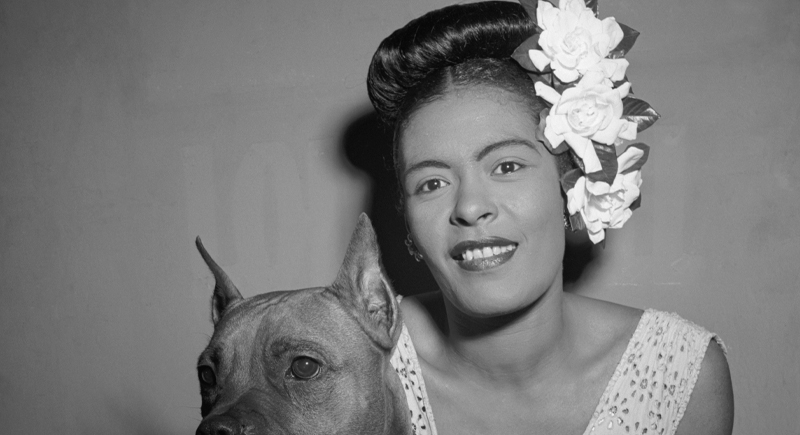
Credit: Wikimedia Commons
Billie Holiday’s final years were difficult—addiction, legal trouble, and isolation followed her fame. But her voice had once redefined jazz and opened up truths few others dared to sing. Even as her body failed, her tone still carried the same mix of defiance and weariness that had defined her music—slow, deliberate, and unwilling to be rushed.
“I’d like to thank the Academy for my lifetime achievement award that I will eventually get.”
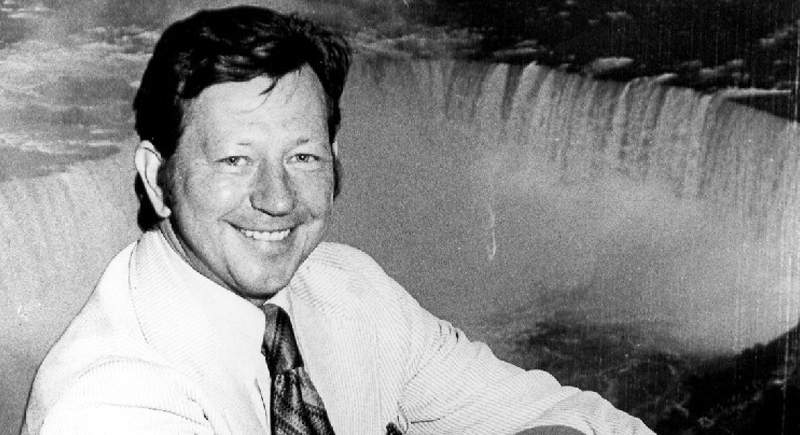
Credit: Facebook
That line summed up the style that had defined Donald O’Connor’s long career. He acquired fame performing in musicals and comedies, best remembered for his role in Singin’ in the Rain. He may not have received that lifetime award, but he knew how to land a laugh.
“I don’t know what I may seem to the world. But as to myself, I seem to have been only like a boy playing on the seashore… while the great ocean of truth lay all undiscovered before me.”
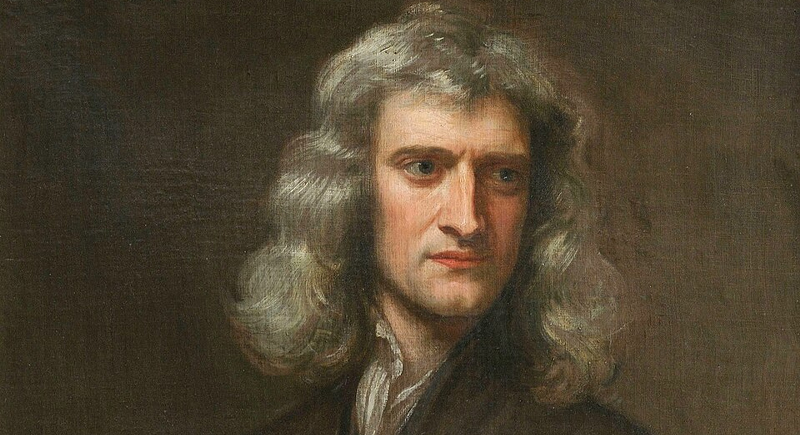
Credit: Wikimedia Commons
Isaac Newton died in 1727 at age 84, after decades of illness and public service. He was buried in Westminster Abbey, the first scientist to receive that honor. Though his later years were spent in administrative roles, he is remembered as someone who altered the course of science.
“This dying is boring.”
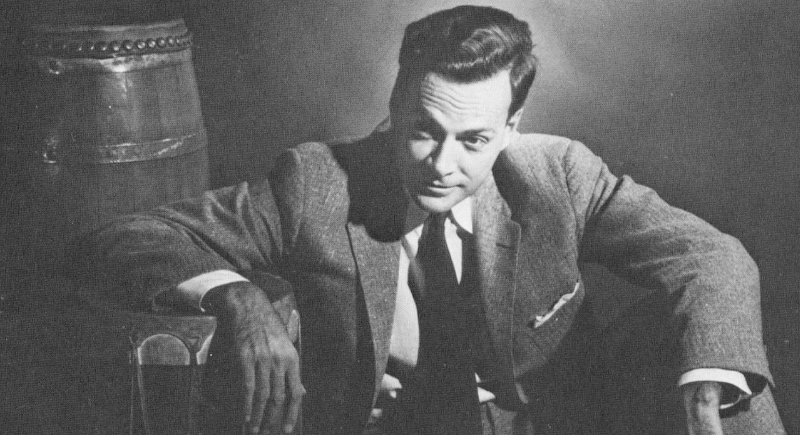
Credit: Wikimedia Commons
Just before slipping into unconsciousness in a Los Angeles hospital in 1988, Richard Feynman uttered these words. He had won the Nobel Prize, cracked the Challenger investigation, and brought quantum physics to the public without ever pretending it was simple. But he also refused to romanticize death.